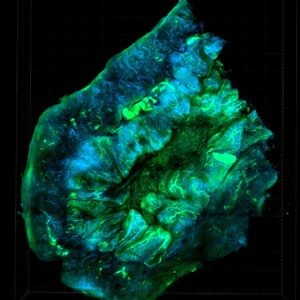Can we predict early treatment discontinuation on immune checkpoint therapy?
One of the many challenges we have seen with cancer immunotherapy and immune checkpoint blockade in particular is the thorny issue of how long should patients be treated for?
To be fair there are some studies testing a limited time period, but most are open ended in that patients are treated until progression or severe toxicities prevent continuation, whichever comes first.

Ovarian cancer TME Source: NCI
Is this the optimal approach though, especially if people receive the benefit and any more is superfluous, thereby increasing the twin burdens of clinical and financial toxicity.
Are there indicators that predict early discontinuation?
After all, if oncologists were aware of those factors then careful monitoring will be helpful in looking out for the warning signs.
Without a doubt, this is going to be a long road ahead and the path may be paved with different indicators depending on the tumour type involved. It could also become more complex as we move from monotherapy to doublets to regimens, which also increases the risk of clinical and financial toxicities.
We have to start somewhere and I’m delighted to say that I came across some elegant research that explored this issue and came up with some prediction factors of relevance. As a bonus, they actually make sound and intuitive sense too.
Here we describe the important study and look at the prediction factors that emerge…
To learn more and get a heads up on our latest oncology insights, subscribers can log-in or you can click to gain access to BSB Premium Content.
This content is restricted to subscribers